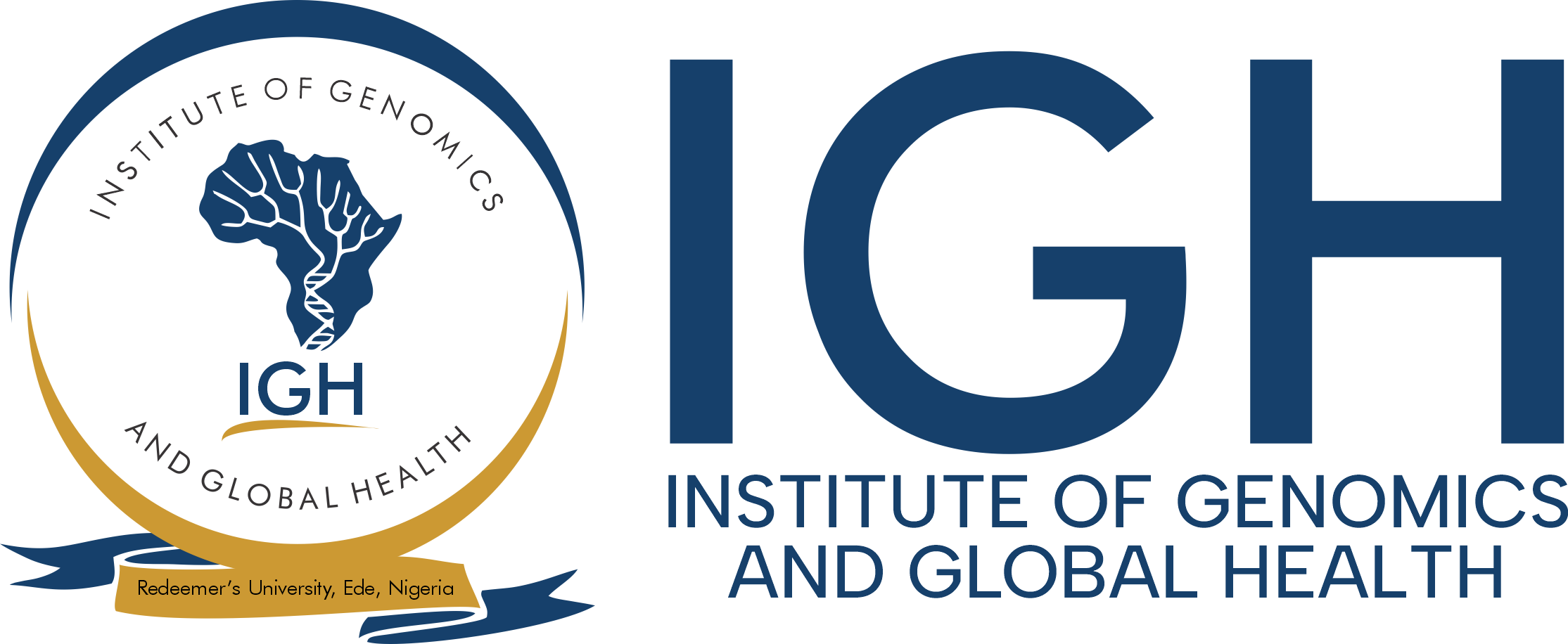IGH delivers targeted short courses, workshops, summer boot camps and technical training programs designed to enhance competencies in genomic technologies and data analysis.
Upcoming Training in Bioinformatics – February 2026
Genomics Bootcamp
The summer boot camps are intensive, residential, four-week-long genomics training courses aimed at foundation and advanced participants.
Training modules cover foundational and advanced topics, including:
- Sequencing Technologies and Genomic Analysis
- Bioinformatics and Computational Tools
- Laboratory Quality Assurance and Biosafety
- Genomic Surveillance and Outbreak Response
- Scientific Writing and Research Communication
These programs are open to early-career researchers, laboratory professionals, and public health practitioners seeking to apply genomic tools in their work.
IGH’s hands-on approach ensures participants gain both technical proficiency and contextual understanding relevant to Africa’s public health priorities.
These Trainings are categorised into:
- Foundational Training Workshop
- Advanced Genomics Training
The Foundation Training Workshop in Genomics is a full-immersion program designed for top-performing African graduates, postdoctoral trainees, faculty members and laboratory technicians. The one-month training covers a curriculum of best laboratory practices, reinforced by intensive coursework and hands-on practical applications in Molecular Biology, Genetics, and Genomics. Training will be in a didactic format that gives trainees a rare opportunity for independent and real-time hands-on practical experience on the cutting-edge genomics tools. In addition, the boot camp will give trainees bonding time for interaction and collaboration.
The Advanced Genomics Training is designed for trainees to have hands-on experience in sequencing techniques especially Sanger sequencing and Next Generation Sequencing. The training is particularly suitable for Graduates students, postdoctoral fellows and faculty members with direct access to the sequencing equipment. In addition to target and whole genome sequence, trainees will also be exposed to Library prep, qPCR as well as tips on science communication, writing grants and manuscripts.

